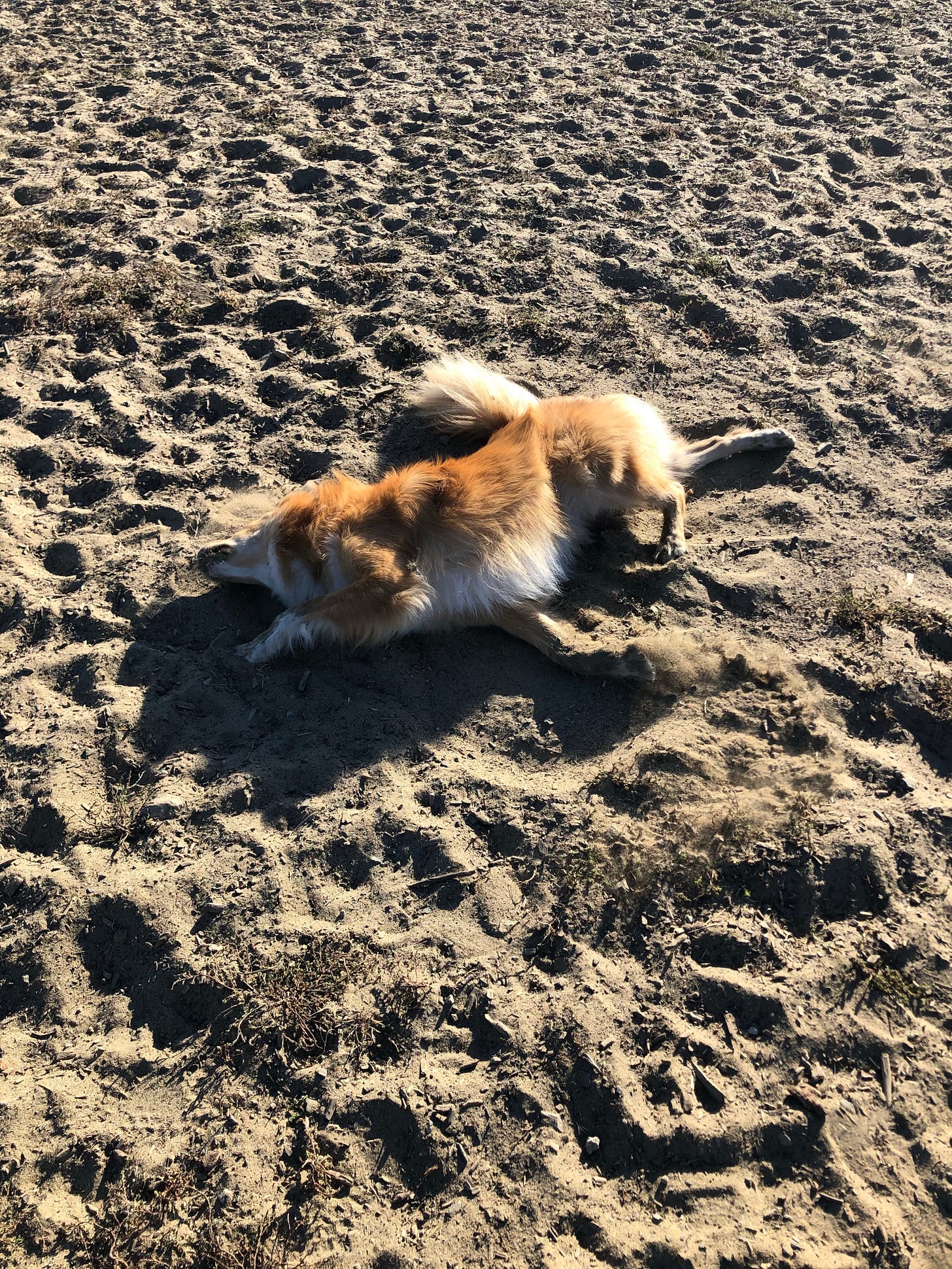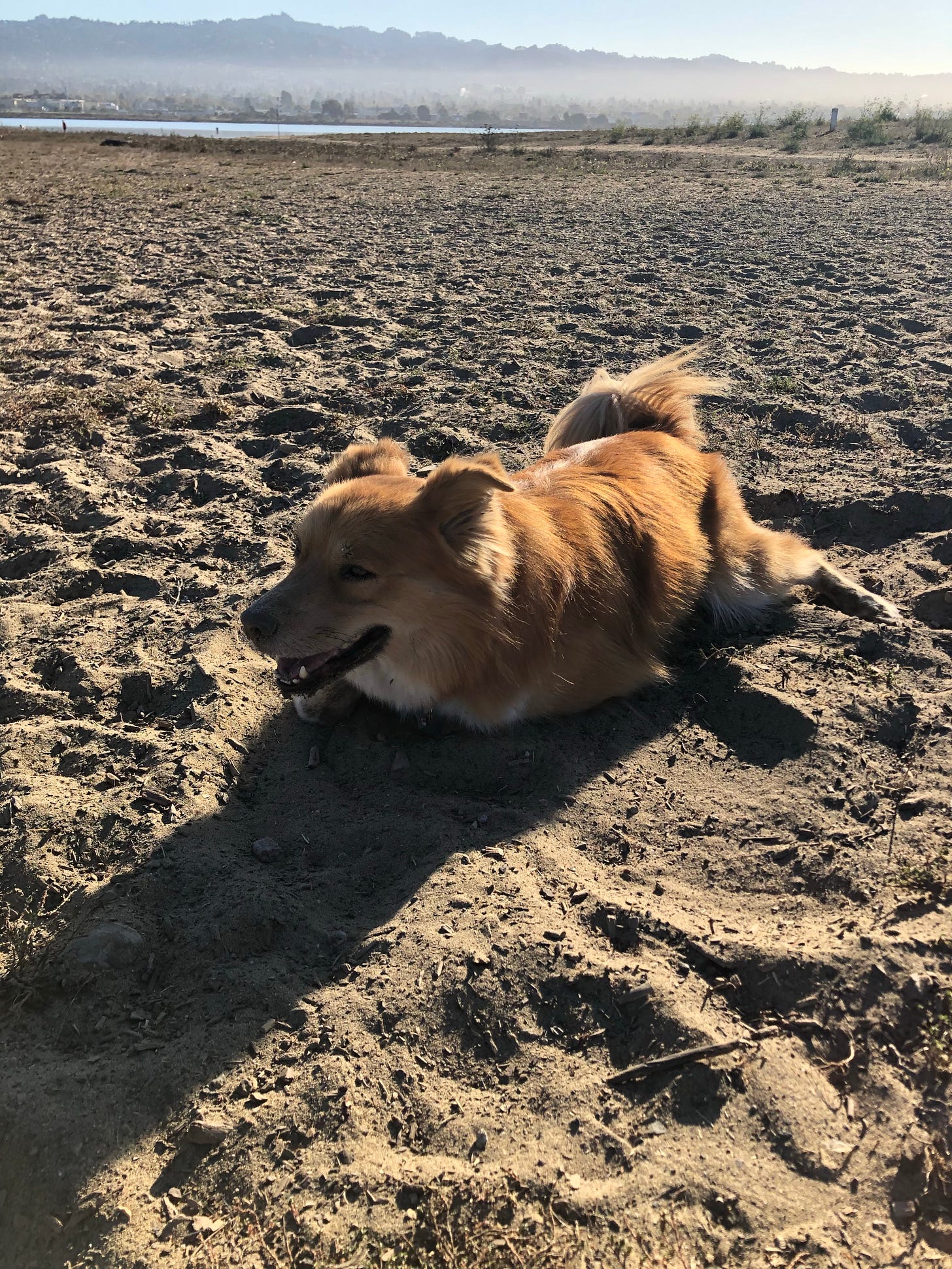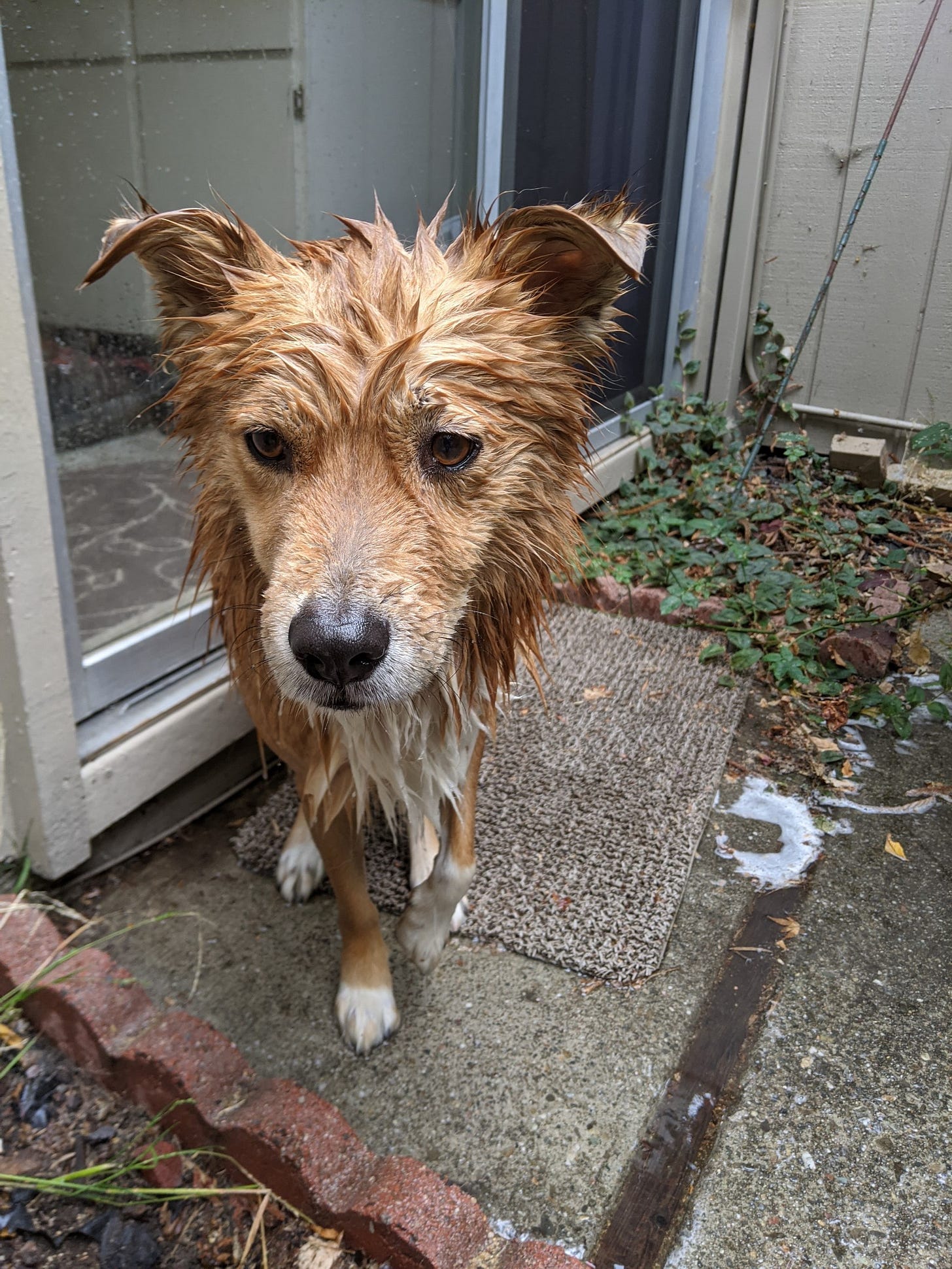15. journaling with a purpose
thinking about morning pages and the haunting of bly manor
Hi there! 👋 I’m Ida, and this is tiny driver, a newsletter about research, pedagogy, culture and their intersections. Thank you for being here. Reply anytime, I love hearing from you.
Happy Monday to you all. I hope that your last week was somewhat restful. As I wrote in my last letter, I always welcome the beginning of fall into my life, as it brings with it many practices that I find grounding, like making myself into a giant burrito with a soft blanket. Or making chili & other fragrant stews. Or holding my hands around a warm mug of tea. With all of these practices, I feel like I'm curling inward. So fall is a time of reflection for me—more so than other seasons.
What I write.

Last week was a time of introspection for me, especially in terms of thinking about my work's bigger picture. And much of it came in the form of journaling.
Much of the work that I have set out for the fall quarter is to write my book proposal and apply for grants to futher my research and writing. Both tasks, I have found, require me to think about the big picture of my project in similar ways. And sure, I have materials from the years before that offer a guide for this kind of writing. However, those were all written before I had actually finished my dissertation. Whenc I looked back at these documents, then, they all felt...stale. Since writing those documents, the connections I made across my dissertation had grown and changed, emphasizing points that I didn't even realize I was making at the time. Looking at these old documents in tandem with my finished project, I knew I had some substantial revisions to do.
One thing that helped me collect my thoughts in a way that bridged between the old and the new was through journaling.
The first time I remember journaling about my work & research was about three or four years ago, when I was first writing my dissertation proposal. Prior to that task, most of my thoughts on my dissertation topic were quite nebulous and vague. I said something along the lines of, "Oh, yeah, I study Iranian national and racial identity in the US diaspora," without much of a coherent idea as to how I would be doing that. Over time—with the help of coursework and exams—I figured out the methods and theoretical framings that I think would lend themselves best to my course of study, but I still did not feel like I had a strong grasp of what I wanted to look into and why.
Enter: morning pages. I feel like Julia Cameron's The Artist's Way is now known by many in the writing community, particulalry because of the practice of "morning pages." But, if you don't know about it, the exercise is meant to help one get creatively "unstuck" by writing longhand, stream-of-consciousness style, first thing in the morning for three pages. The writing can be about anything—feelings, daily tasks, breakfast, etc.—but it should flow out of your pen or pencil without judgment.
I've found that doing this practice first thing in the morning unclutters my mind during times when it's harder than usual to get started with my day. More helpful, though, (at least to this little newsletter) is doing morning pages at the start of my workday and having my stream-of-consciousness prompt be limited to my dissertation, now my book project.
Prior to this practice, so much of my writing about the big picture of my book project was touch and go—I'd write a sentence, only to erase it and rewrite it and rewrite it again. And on and on. My perfectionism seemed to be getting in the way of my ability to get my ideas uncluttered and clarified on the written page. I needed once more to reframe the practice of writing as the practice of thinking. And so, morning pages became a space where I could try & think & mess up as much as I wanted. The act of writing longhand allows me to scratch things out, draw arrows, write harder or underline for emphasis. Most of the time, I don't go back to what I have written on these mornings. It usually just helps me realize that starting the task of thinking isn't as scary as I thought it would be. But sometimes, I write a sentence, or just a phrase, and it comes to be an important component of my project's conceptualization.
Many of my mornings last week were thus spent writing out some morning pages. And while my larger conceptualization still may need some work, I am much closer to my goal than I was before.
What I consume
In the Bookshop:
Currently Reading: Freshwater by Akwaeke Emezi
On Deck: Luster by Raven Leilani
Last week was also spent devouring Netflix's Haunting of Bly Manor. I love horror films and television shows, so when I saw that this was being released, I was all over it. The show itself was fine—I thought that it did some interesting things with time and memory. But something that I could not stop thinking about were the inescapable yet invisible arms of race & class that were embedded within the narrative. I’m still sorting through my thoughts on this, but I’d love to hear if you also found yourself thinking about this!
Have you watched the show? What did you think?
Item(s) of note.
This critical take on Emily in Paris (and showrunner Darren Star) paired with instagram parody account Emily in Parasite
How to Store Your Zines from Austin Kleon
Hilton Als on Writing (from the Creative Independent, one of my favorite daily newsletters)
A pup-date.
Higgins and Girlie went to the dog park last week. One of Higgins’ favorite things to do at the dog park is rub himself in the sand.


Unfortunately (for him), that means it’s also time for a bath.

As always, thanks so much for reading through, and I’ll see you in the next one!
Warmly,
Ida



I've never tried morning pages, but I have a virtual journal that I use for almost the same purpose. It's for (slightly more organised) free-writing about books and people and everything else. Pretty much every time I'm upset, I journal to figure out what caused my bad mood.
When I re-started journaling in April, one of the things that tripped me up was the whole this-is-only-for-yourself thing. I was so used to writing for other people, for an audience (real or imagined) that writing a journal felt like throwing away words. Anyway, it's one of the most helpful things I do now, so I'm glad I stuck with it.